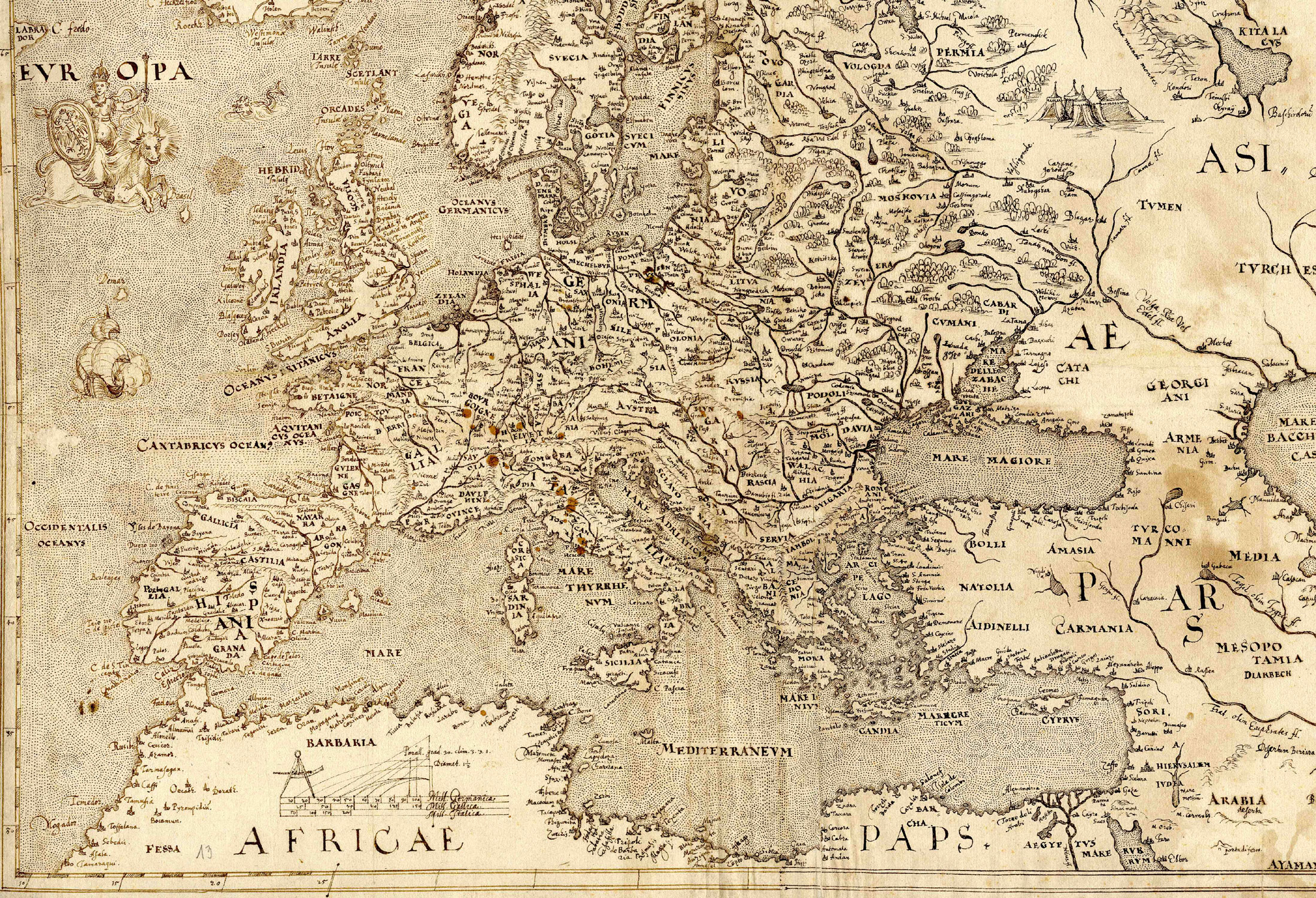Vocabulary 101
From ‘jumbo’ to ‘yas,’ a brief history of how the English language has brought us to where we are now.
By Alicia Drier, Roosevelt University
When I was a sophomore in high school, my English teacher introduced a new form of torture to my classmates and me, something she dubbed “the sunshine book.”
The workbook was most definitely an annoying bright yellow, and while Mrs. Witte promised her students that the contents of the book would guarantee us higher scores on standardized tests in our future (and overall better brain power), I didn’t quite buy it.
Over the next few weeks, we began to research and memorize word roots and their various meanings in the English language. I now knew that “bibliophile” meant “book lover” because if its two Greek word origins, but I quickly came to dread the rote vocabulary dump that now arrived with every new week of school.
At the time, I didn’t know it, but the much-hated sunshine book was also slowly opening me up to the magic of word etymology at its finest. Every single word in the English language has a story and history behind it. “Etymology,” for example, is the study of the origin of words, but it can be broken down into Greek roots that mean “study” and “truth.” So literally translated, it more accurately means “the study of truth.”

When talking random English facts, by the way, it’s important to know that there have been four kinds of English, both spoken and written, throughout history. Old English sounds more German when spoken (listen here); Middle English sounds a bit like the Swedish chef on “The Muppets” (listen here); Shakespeare is the most famous author accredited to the era of Early Modern English (listen here), which only slightly predates the version of English used today.
“Zombie” is another cool word that has a far deeper meaning and history than “The Walking Dead” would lead you to believe. The word first entered the English language in the early nineteenth century, when British explorers were traveling to Africa. At the time, the West African word “zumbi” translated more accurately to “fetish” and had more to do with the revival practices of voodoo than modern-day brain-munchers. It wasn’t until the 1968 premiere of “Night of the Living Dead” that the pop culture rendition of a revived corpse that feeds on human flesh was born.
Other monster words have pretty great histories behind them as well. The word “vampire” is most likely derived from the Turkish word for “witch.” Mummies, even though grounded in Egyptian tradition, were possibly named for the Persian word for “wax.” Even “werewolf” literally translates to “man-wolf” when broken down to its Old English roots.
Then there’s “jumbo,” a word known to mean “large.” But, in reality, it originated as a nickname for a famous circus and London Zoo elephant in the late nineteenth century. Over time, it then began to be associated with the concept of size.
“Quarantine,” when literally translated in Italian, means “40 days.” This connects to the tradition when a ship arrived in port and was suspected of carrying illness, as the ship would then be denied docking privileges for 40 days (learn more about the history of quarantining here).
The word “nice” comes from a Latin word that means “ignorant” or “not knowing.” The word was originally used as a synonym for “coy,” which over time led to an overall appeal to the senses.
Because it was considered heretical to study human anatomy at one point, the word “muscle” didn’t join the English language until almost 1500. At this time, this part of the body was named for a Latin root that means “mouse,” as a flexed muscle made it look like there was a mouse bulging underneath the skin.
“Woman,” the first English word used to describe females, derives from the Old English word “wifmon,” which literally translates to “of man” or “wife.” There’s a lot that could be said about the fact that the language first surrounding and describing women’s identities was more relational than individual in nature.
“Yoga” is a Sanskrit word that either translates to “union” or “to hitch up.” The word and the practice entered English culture with the British exploration of India in 1820. The entire act of yoga is intended to unify mind, body and soul. Males who practice yoga are called yogis, while females are yoginis.
All of these word etymologies and others can be found in the “Oxford English Dictionary,” one of the most amazing resources you will ever find on the internet.
And, if you thought word inventing was original to Shakespeare (he is credited for inventing at least 2,000 new English words and phrases in his lifetime), think again. The word “bookworm” has been around since the late sixteenth century, but book lovers have been inventing new words in their secret clubs for centuries. Some of the craziest, according to a “Huffington Post” article by Oliver Tearle, are “bibliobibuli” (an individual who reads too much), “epeolatry” (the worship of words) and “bibliosmia” (the act of smelling books).
Language is constantly changing and shifting, which is one of the coolest things about it. You can now egosurf after a craptacular day. Someone can be a snollygoster after you ghost them. And who ever thought that “yas” would end up in the dictionary? With each new word comes a story, a new piece to the puzzle of how humans communicate and evolve over time.
To learn more about the history of English in a fun and interesting way, check out Open University’s “The History of English in Ten Minutes.”

















